
The world is celebrating “Zero Discrimination Day” for the first time

UNAIDS says the day is an opportunity for people everywhere to promote and celebrate everyone’s right to live a full life with dignity—no matter what they look like, where they come from or whom they love.
Nobel laureate Myanmar leader Aung San Suu Kyi as an UNAIDS global advocate launched the zero discrimination campaign on world AIDS day last year.
Ending discrimination of all kinds is a key component of UNAIDS’ vision of zero new HIV infections, zero discrimination and zero AIDS-related deaths.
Yet today, too many people around the world continue to face unequal treatment because of their race, religion, nationality, sexual orientation or identity, disability, gender or age.
The symbol for Zero Discrimination is the butterfly, widely recognized as a sign of transformation.
“The AIDS response itself has taught the world tremendous lessons in tolerance and compassion,” UNAIDS Executive Director Michel Sidibé said.
“We know that both the right to health and the right to dignity belong to everyone. Working together, we can transform ourselves, our communities and our world to reach zero discrimination”.
Discrimination is not only a violation of human rights––it is illegal, immoral, hurtful and dehumanizing.
Bangladesh boasts of low HIV/AIDS prevalence, but the stigma and discrimination run very deep in the society even with the healthcare providers, that UNAIDS warns, can frustrate efforts to achieve the 'Three Zeros'.
Kamal Hossain (not his real name) before last year World AIDS Day on Dec 31 told bdnews24.com that he and his wife had lost their jobs and also the rented house where they lived for long.
That after the doctor, who identified him as HIV positive, disclosed it to his workplace..
 .
.
UNAIDS says 54 percent of people living with HIV have not disclosed their status to their friends, family or the community in Bangladesh..
This is largely because 99 percent of people living with HIV in Bangladesh experience discrimination..
Stigma and discrimination take many forms, including the exclusion from family, religious or social activities, gossip, harassment, verbal insults, physical threats and acts or violence..
Stigma and discrimination therefore impedes the effectiveness of the AIDS response, because people living with HIV or at risk of becoming infected with HIV fear being stigmatized and discriminated against, making it more difficult to identify, treat and support those in need..
Besides, people living with HIV, or who are at risk of contracting HIV, may anticipate HIV-related stigma and act in ways that put themselves, or others, at risk..
For example, UNAIDS says if an individual tries to negotiate safe sex practices such as using a condom with sexual partners, or seeks HIV testing services, then they risk being branded with HIV-related stigma..
“Consequently, people who are unaware that they are infected may inadvertently continue to spread the virus because they fear disclosure of their status.".
This fear of stigma and discrimination can be so strong that those affected may even forego lifesaving treatment, care and support..
Discrimination doesn’t just hurt individuals or groups of people—it hurts everyone..
“The AIDS response must better address issues of stigma and discrimination in Bangladesh if we are to Get to Zero,” UNAIDS Bangladesh Country Coordinator Leo Kenny said..
“UNAIDS Bangladesh, the government of Bangladesh and civil society are working together to create an enabling environment for social and behavioral change, but intensified action is needed if this is to become a reality,” he said..
There are many things which can be done to counter discrimination and encourage acceptance..
UNAIDS says the day gives an opportunity to speak up “if something is wrong, raise awareness, support people who have been discriminated against, and promote the benefits of diversity”. .
Ajker Bogura / Desk Report
জাতীয় বিভাগের জনপ্রিয় সংবাদ
জাতীয় এর সর্বশেষ সংবাদ
-

অন্তর্ঘাতমূলক কার্যকলাপের মাধ্যমে গণঅভ্যুত্থানকে বিফলের দিকে বিভ্রান্ত জনগণ ''ফরহাদ মজহার"
-

দেশীয় উদ্যোক্তাদের সামাজিক ব্যবসা আইএসপি
-

যুক্তরাষ্ট্রের নির্বাচনে ব্যালট পেপারে বাংলা
-

মিলেছে ৮টি টর্চার সেলের সন্ধান ,গুম কমিশনে জমা ১৬০০’র বেশি অভিযোগ।
-

৭ নভেম্বরের মধ্যে পাওনা পরিশোধ না হলে বিদ্যুৎ সরবরাহ বন্ধ: বাংলাদেশকে আদানি














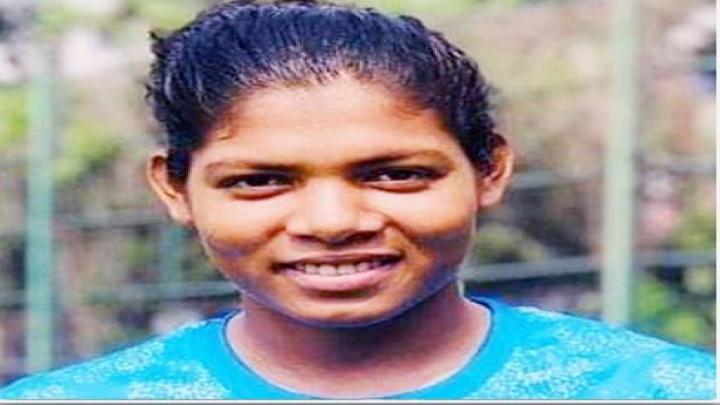
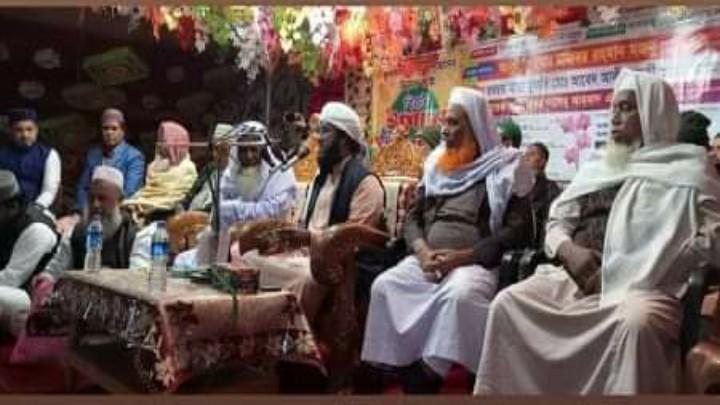
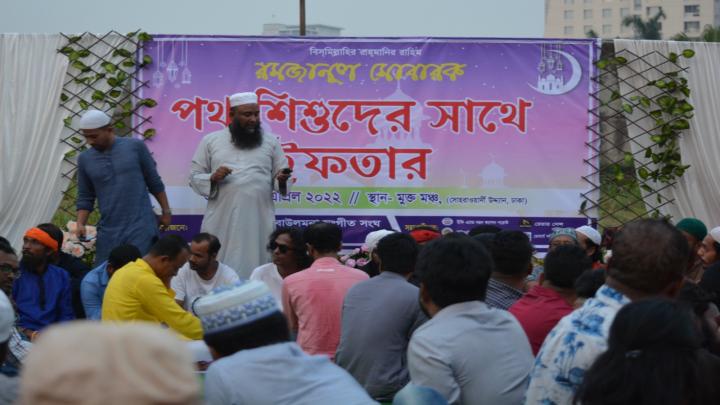
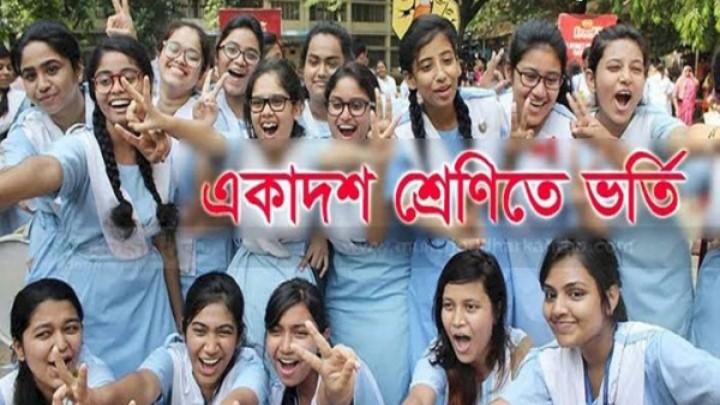
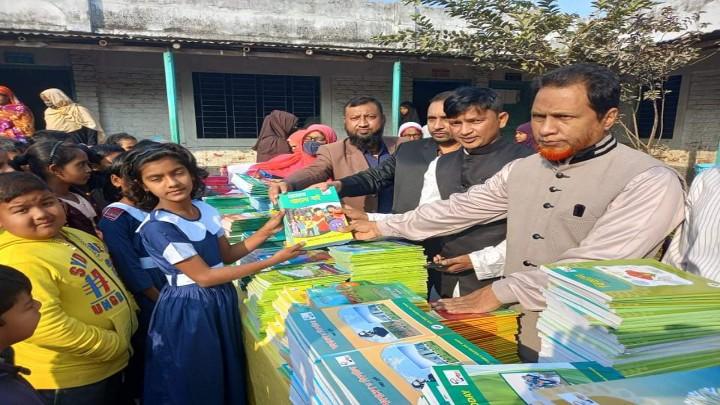
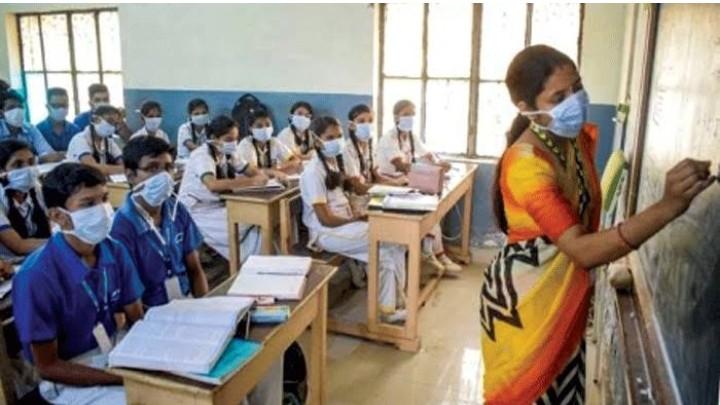
আপনার মতামত লিখুন: